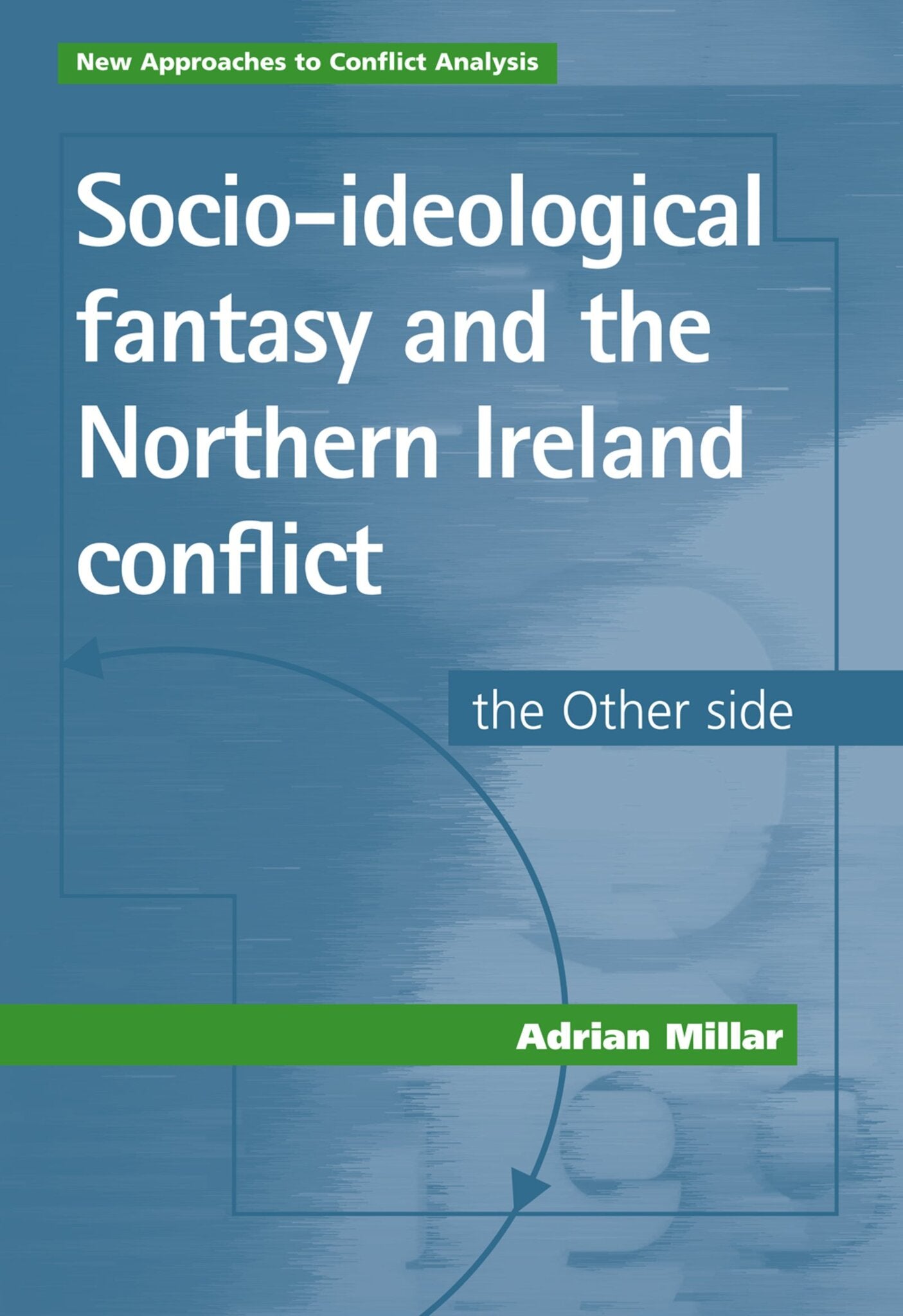We're sorry. An error has occurred
Please cancel or retry.
Socio-ideological fantasy and the Northern Ireland conflict

Some error occured while loading the Quick View. Please close the Quick View and try reloading the page.
Couldn't load pickup availability
- Format:
-
31 December 2006

Conducting a Lacanian-inspired psychoanalysis of some of the most candid interview materials ever gathered from former IRA members and loyalists, the author demonstrates through a careful examination of their slips of the tongue, jokes, rationalisations and contradictions, that it is the unconscious dynamics of socio-ideological fantasy, i.e. the unconscious pleasure people find in suffering, domination, submission, ignorance, failure and rivalry over jouissance, that lead to the reproduction of antagonism between the Catholic and Protestant communities in Northern Ireland. In the light of this, he concludes that traditional approaches to conflict resolution which overlook the unconscious are doomed to failure and that a Lacanian psychoanalytic understanding of socio-ideological fantasy has great potential for informing the way we understand and study all inter-religious and ethnic conflicts.
Whether you find yourself agreeing with the arguments in this book or not, you are sure to find it a welcome change from both the existing, mainly conservative, analyses of the Northern Ireland conflict and traditional approaches to conflict resolution.

POLITICAL SCIENCE / Political Ideologies / General, International relations, Political ideologies and movements, Green politics / ecopolitics / environmentalism

Introduction
1. Psychoanalysis
2. Conflict resolution
3. Explanations of the Northern Ireland conflict
4. The real
5. The imaginary
6. The symbolic
7. Loyalists
8. Conclusion



